Intro
Phosphorus is an essential mineral that plays a critical role in many bodily functions, including the formation of bones and teeth, the production of energy, and the maintenance of various metabolic processes. It is found in a wide variety of foods, and adequate intake is necessary to maintain optimal health. In this article, we will explore the different types of foods that are rich in phosphorus, their nutritional benefits, and the importance of maintaining a balanced diet that includes these foods.
The human body requires a significant amount of phosphorus to function properly, and deficiencies in this mineral can lead to a range of health problems. Phosphorus is involved in the formation of DNA and RNA, the production of energy through the process of cellular respiration, and the maintenance of healthy bones and teeth. It also plays a critical role in the functioning of the nervous system, the contraction and relaxation of muscles, and the maintenance of healthy skin and hair. With so many important functions, it is essential to consume a diet that is rich in phosphorus to maintain optimal health.
A diet that is deficient in phosphorus can lead to a range of health problems, including weakened bones, fatigue, and impaired cognitive function. Phosphorus deficiency can also increase the risk of osteoporosis, a condition characterized by brittle and porous bones that are prone to fracture. In addition, phosphorus deficiency can impair the body's ability to produce energy, leading to fatigue, weakness, and a range of other symptoms. By consuming a diet that is rich in phosphorus, individuals can help to maintain optimal health and reduce the risk of these and other health problems.
Food Sources of Phosphorus
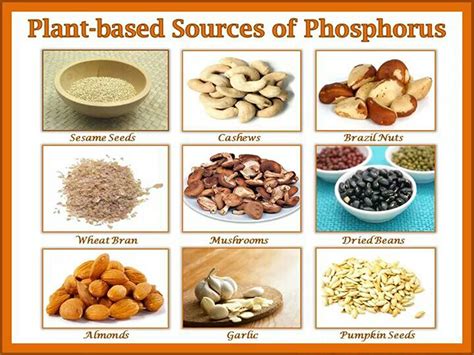
Meat and Poultry
Meat and poultry are some of the richest sources of phosphorus, with chicken, beef, and pork being among the highest. A 3-ounce serving of cooked chicken breast, for example, contains approximately 260 milligrams of phosphorus, while a 3-ounce serving of cooked beef contains approximately 200 milligrams. Turkey and lamb are also good sources of phosphorus, with a 3-ounce serving of cooked turkey containing approximately 220 milligrams and a 3-ounce serving of cooked lamb containing approximately 240 milligrams.Dairy Products and Eggs
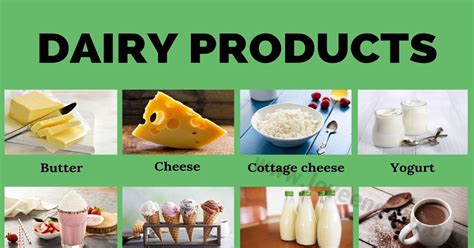
Whole Grains and Legumes
Whole grains and legumes are also good sources of phosphorus, with brown rice, quinoa, and whole wheat bread being among the highest. A 1-cup serving of cooked brown rice, for example, contains approximately 150 milligrams of phosphorus, while a 1-cup serving of cooked quinoa contains approximately 170 milligrams. Legumes, such as lentils, chickpeas, and black beans, are also rich in phosphorus, with a 1-cup serving of cooked lentils containing approximately 360 milligrams and a 1-cup serving of cooked chickpeas containing approximately 240 milligrams.Nuts and Seeds
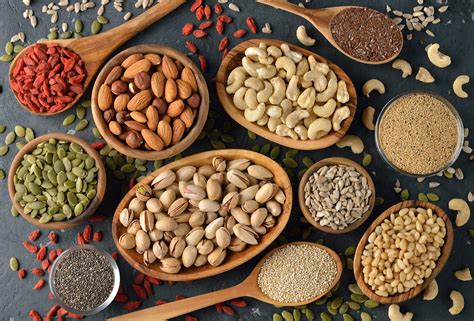
Benefits of Phosphorus-Rich Foods
Consuming a diet that is rich in phosphorus can have a range of health benefits, including: * Stronger bones and teeth * Improved cognitive function * Increased energy levels * Healthier skin and hair * Reduced risk of osteoporosis and other bone-related disordersPhosphorus Deficiency
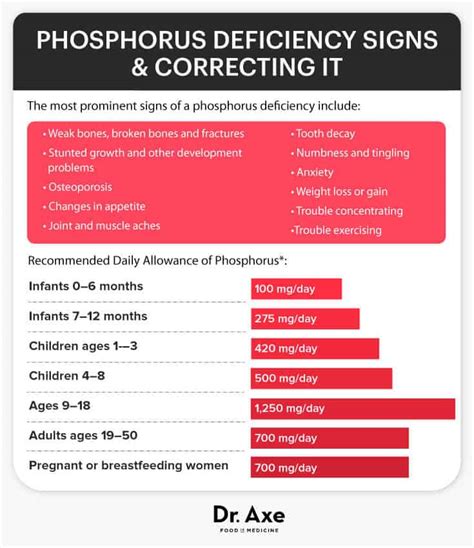
Causes of Phosphorus Deficiency
Phosphorus deficiency can be caused by a range of factors, including: * A diet that is low in phosphorus-rich foods * Certain medical conditions, such as kidney disease or diabetes * Certain medications, such as antacids or diuretics * Age, with older adults being at increased risk of phosphorus deficiencyPhosphorus Intake Recommendations
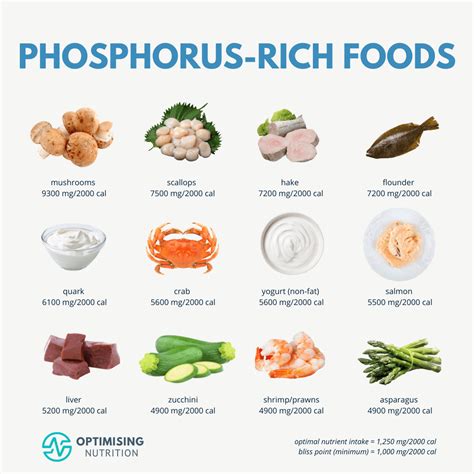
Food Sources of Phosphorus for Vegetarians and Vegans
Vegetarians and vegans can also meet their phosphorus needs through a variety of plant-based foods, including: * Legumes, such as lentils, chickpeas, and black beans * Nuts and seeds, such as almonds, sunflower seeds, and pumpkin seeds * Whole grains, such as brown rice, quinoa, and whole wheat bread * Soy products, such as tofu and tempeh * Dark leafy greens, such as spinach and kaleInteractions with Other Nutrients
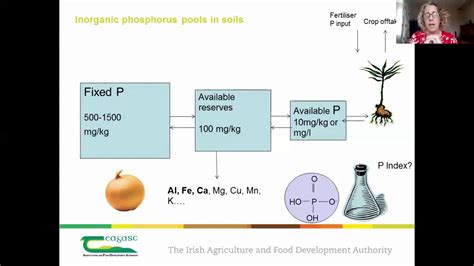
Health Risks of Excessive Phosphorus Intake
Consuming excessive amounts of phosphorus can lead to a range of health problems, including: * Kidney damage * Bone disease * Cardiovascular disease * Increased risk of osteoporosis and other bone-related disordersConclusion and Recommendations
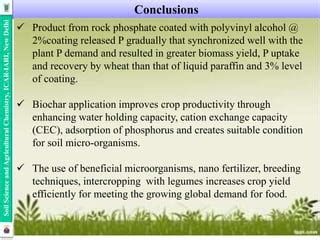
We encourage readers to share their thoughts and experiences with phosphorus-rich foods in the comments section below. If you have any questions or concerns about phosphorus intake or deficiency, please do not hesitate to ask. We also invite readers to share this article with others who may be interested in learning more about the importance of phosphorus in the diet.
What are the symptoms of phosphorus deficiency?
+The symptoms of phosphorus deficiency can include weakened bones and teeth, fatigue and weakness, impaired cognitive function, and poor wound healing.
What are the richest sources of phosphorus?
+The richest sources of phosphorus include meat and poultry, fish and seafood, dairy products, eggs, whole grains, legumes, and nuts and seeds.
How much phosphorus do I need per day?
+The recommended daily intake of phosphorus varies by age and sex, with adult men requiring approximately 1,000 milligrams per day and adult women requiring approximately 700 milligrams per day.
